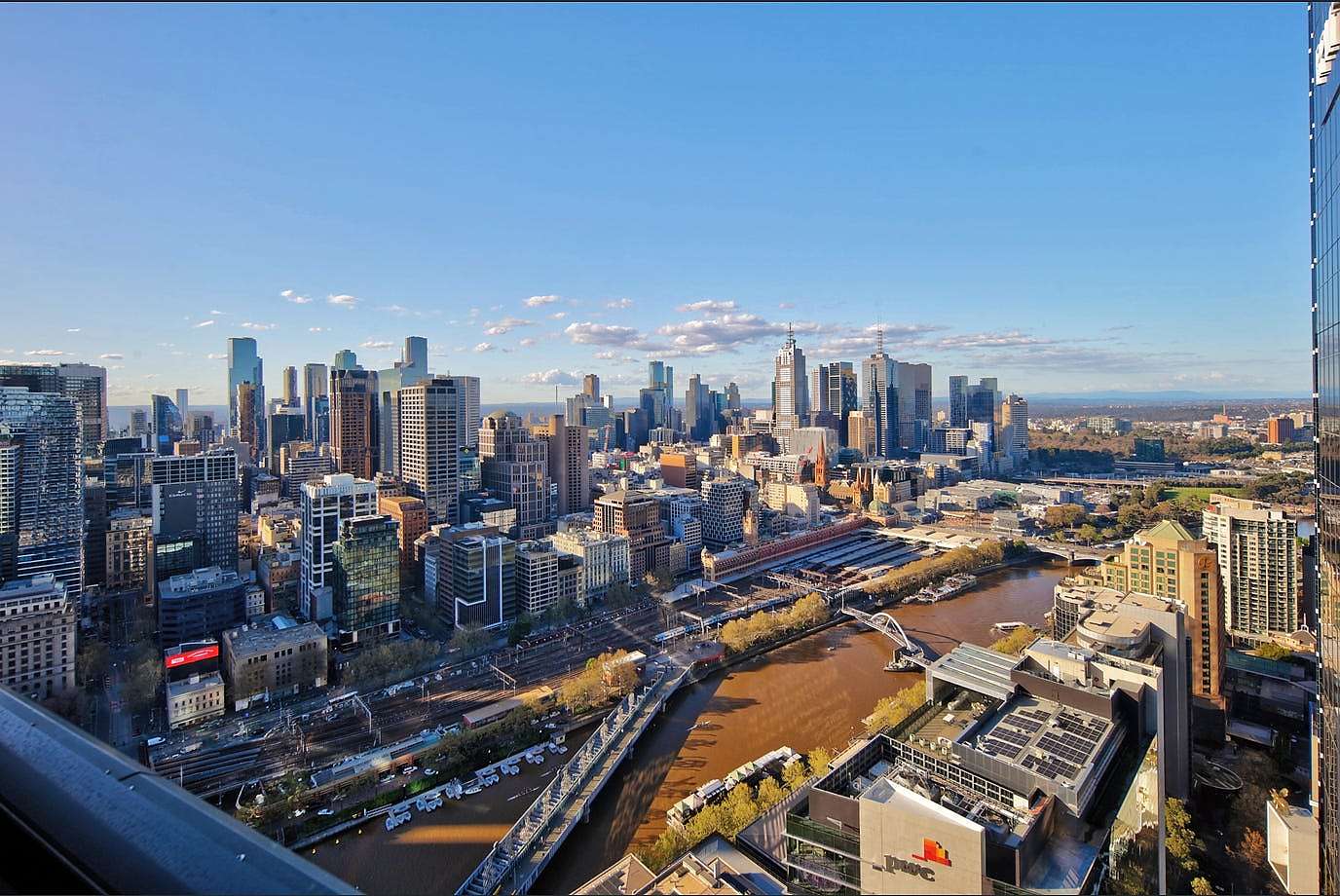Choosing between living in Melbourne’s Central Business District (CBD) or in the suburbs is one of the biggest lifestyle decisions for many residents. Both options have distinct advantages and trade-offs, depending on your priorities like cost, convenience, space, community, and daily routines. Below is a breakdown to help you weigh your options.
Pros of Living in Melbourne CBD
- Proximity to Work, Amenities, and Entertainment
Living in the CBD means you're in immediate reach of offices, public transport, restaurants, theatres, galleries, bars, and major events. If you work in or near the city, the commute is likely to be much shorter, and daily life—shopping, cafés, socialising—is simpler without long transit times.
- Excellent Public Transport Access
The Melbourne CBD is well-served by trains, trams, and buses. Many locations are walkable, and you may find that you can go days without needing a car. This often reduces commuting stress and transportation costs.
- Lifestyle & Vibrancy
For people who thrive on activity—art, nightlife, culture, dining—the city offers constant stimulation. Cafés open early, galleries and museums, live music and festivals are all close at hand.
- Fully Furnished and Serviced Accommodation Options
If you aren’t settled long-term, or you prefer moving in without fuss, fully furnished apartments in Melbourne CBD are a strong option. For example, companies like Corporate Keys and Melbourne Corporate Stays offer fully furnished 1- and 2-bedroom apartments in iconic towers (such as Eureka and Freshwater Place) with all essential utilities included. These “move-in ready” spaces give you comfort, flexibility, and savings on furniture, utilities setup, and ancillary costs.
Cons of Living in Melbourne CBD
- Higher Costs
Rent tends to be significantly more expensive in the CBD for both buying and renting. Food, parking, services (like dry cleaning or café meals) also tend to carry a premium. Even daily groceries and utilities can cost more due to demand and the central location.
- Smaller Living Spaces
Apartments in the CBD are usually more compact. Outdoor space is minimal. If you have children, pets, or simply want more room to move, CBD apartments can feel cramped.
- Noise, Crowds, and Less Privacy
With density comes noise: traffic, nightlife, people on the streets, deliveries. For some, this is part of the excitement; for others, it's exhausting. Privacy is also lower when you share walls with many neighbours and are constantly surrounded by hustle and bustle.
- Parking and Car-Related Challenges
If you own a car, parking is expensive and often limited. Traffic congestion is also worse. Owning a car is frequently more trouble than it’s worth when living centrally.
Pros of Suburban Accommodation
- More Space, More Green, More Peace
Suburban homes tend to offer larger dwellings, backyards, gardens, and more room between neighbours. Parks and open spaces are more available. For families, pets, or people who value tranquillity, the suburbs are appealing.
- Lower Cost (Often)
You often get more for your money outside of the CBD: larger floor spaces, better value per square metre, sometimes cheaper parking or no need for paid parking, and less of the premium that downtown locations attract.
- Community Feel & Schools
Suburbs often offer strong local communities, schools, local shops, family-friendly amenities, and quieter streets. For people raising children, this sense of belonging and safety is a big plus.
- Car Access & Ease of Parking
If you drive, suburbs generally offer more convenient and cheaper (or free) parking, wider roads, less congestion, and easier overall car access.
Cons of Suburban Accommodation
- Longer Commutes & Transport Dependence
Being further from the CBD usually means longer travel times. Even with good public transport lines, suburbs seldom match the frequency or directness of trips to/from the city centre. If you work in the CBD, this adds up in time and cost.
- Fewer Entertainment and Lifestyle Options Nearby
While many suburbs are well-served with shops, restaurants, gyms, and coffee shops, they seldom rival the variety, number, or excitement of CBD offerings. Cultural events, nightlife, or iconic venues might require travel.
- Less Flexibility
If you frequently move for work or want short-term accommodation, suburban long-term leases may be less adaptable. Furnished short-term or serviced stay options are more commonly concentrated in inner city or close-in suburbs.
- Potential Isolation
If you prefer always being around people, close access to events, or spontaneous outings, suburban life can feel slower or more isolated.
Who is Best For
- City/CBD living is great if you value time (less commuting), convenience, nightlife, walking access, cultural richness, and are okay with smaller spaces and higher costs. It often suits young professionals, couples without children, students, frequent travellers, or anyone who wants to be connected to the heart of urban life.
- Suburban living works better for those who need space—families, people who work from home, pet owners, those who prefer quiet and green surroundings; or people willing to trade commute time for a more relaxed daily life.
Making the Decision: Some Practical Tips
- List your priorities (space vs location vs cost vs lifestyle).
- Try to calculate total cost, not just rent: include transport, parking, utilities.
- Visit both types of areas at times you’ll use them (morning commute, evening, weekend) to feel what it’s like.
- Consider hybrid options: inner-ring suburbs that are close to the CBD may offer a middle ground—more space, lower cost, while still maintaining good access.
Fully Furnished CBD Apartments: Key Considerations
To expand a little more on the fully furnished option: these apartments can save you a lot if you're relocating, working temporarily in Melbourne, or prefer flexibility. They typically include furniture, kitchen appliances, utilities, internet, and sometimes housekeeping. The benefit is that you don’t have to buy anything, don’t worry about setting up connections, and can move in immediately. The downside can include higher weekly rent relative to bare apartments, less ability to customise, and sometimes higher body corporate or service fees.
